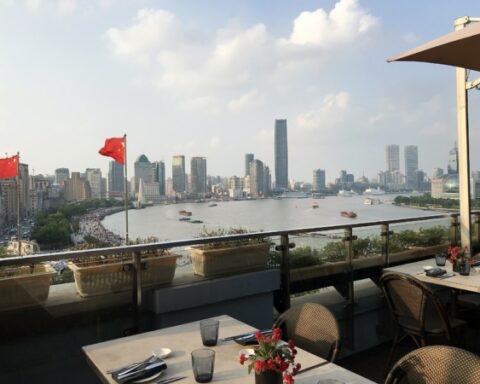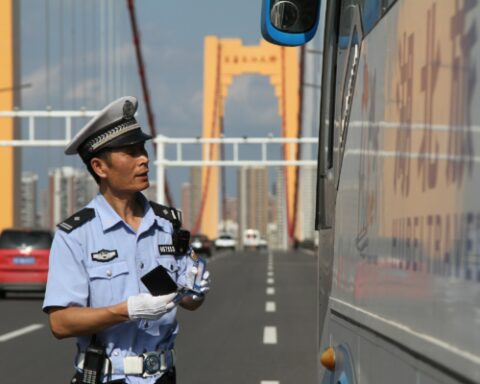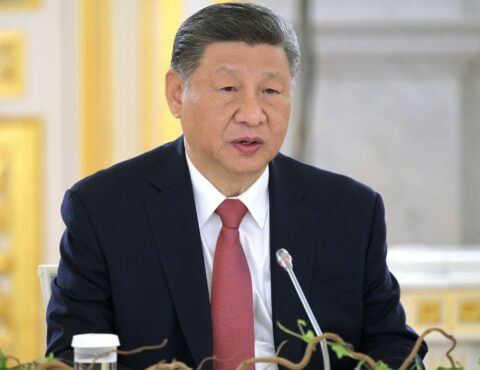With much of the world aflame with conflict Chinese dictator Xi-Jinping is now reportedly preparing to roll out a major new series of economic changes.
After more than a decade of the Xi Jinping era, it has become evident that a significant portion of China’s growth during his tenure was fueled by unsustainable borrowing, real estate speculation, and investments in infrastructure and factories that were not truly necessary.
Policies that were intended to reinforce Communist Party control were prioritized over challenging reforms that could have facilitated more enduring development, such as measures to boost consumer spending.
Currently, China is mired in debt, on the brink of a deflationary spiral, and reeling from a property collapse that has wiped out trillions of dollars of household wealth.
Consumer confidence is at a historic low, Western investment has plummeted, and growth has slowed.
Nevertheless, Xi is burrowing in as China and the United States prepare for a second trade dispute.
He is certain that his top-down approach to managing China’s economy, which includes plans to expand its industrial capacity, is the most effective method for China to eventually surpass the United States in economic dominance.
In order to realize his vision, Xi is constructing a comprehensive industrial supply chain that is designed to produce a variety of goods, such as semiconductors, that will be able to withstand further conflict with the United States.
Additionally, his government is formulating strategies to counter any tariff increases implemented by President-elect Donald Trump.
These strategies include retaliatory measures, such as limiting the sale of raw materials that are essential for the production of chips, vehicle engines, and defense-related products in the United States.
He is building relationships with allies in the developing world in an effort to increase the pressure on the United States.
According to individuals who are intimately involved in Beijing’s decision-making processes, Xi regards the economic obstacles that China is currently encountering as essential discomforts that are part of the transition from traditional development drivers, such as real estate investment, to more modern sources, including high-value manufacturing, which includes cars and chips.
[READ MORE: Former American Pilot Who Sold Out to China to be Extradited Back to U.S.]









